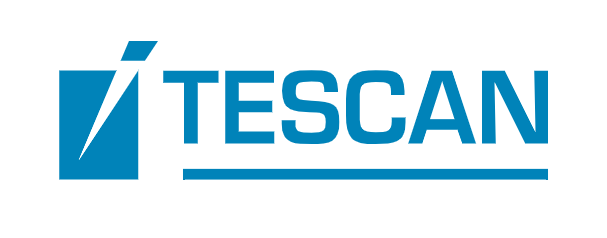Speaker
Description
Recent advances in multiscale imaging techniques for the analysis of complex pore structures and compositions have revolutionized our ability to characterize various porous media systems. Segmentation of images obtained from different image techniques such as X-ray computed microtomography (μCT) and scanning electron microscopy (SEM) is the first step to quantitatively describe various features of geomaterials. However, conventional methods such as thresholding, watershed segmentation, and other predefined algorithms are subject to user bias, often require specific segmentation processes for each image set, and can fail to adapt to certain datasets. In this work we evaluate the capability of convolutional neural networks (CNNs)-based algorithms to segment both μCT and focused ion beam-SEM (FIB-SEM) images with varying degree of challenges for image segmentation. The performance of three different 2D CNN architectures (VGG16, ResNet, and U-Net) as well as a few 3D CNN architectures (U-Net and MultiResU-Net) is assessed on four independent datasets including sandstone, carbonate chalks, and shale. Each of these datasets is composed of three-dimensional image stacks and corresponding ground truth labels that were constructed with various image processing algorithms. Our results indicate that deep learning architectures can successfully be applied to the task of semantic segmentation for μCT and FIB-SEM images and perform better than manual segmentation to recover natural morphology of original images. In addition, our results indicate that transfer learning can allow for models to converge more quickly during training and that generic image features (learned from a large dataset such as ImageNet) can be applied to improve model performance in some cases. Performance comparison among different CNN architectures highlights the linkage of classification outcomes to underlying features of each CNN architecture and hyperparameters.
| Time Block Preference | Time Block C (18:00-21:00 CET) |
|---|---|
| Student Poster Award | Yes, I would like to enter this submission into the student poster award |
| Acceptance of Terms and Conditions | Click here to agree |






